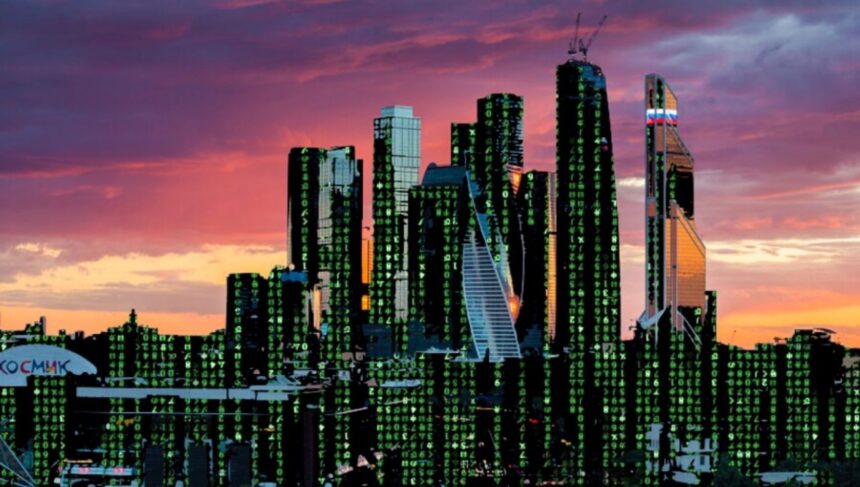In 2024, Russia blocked a record 417,000 websites, according to the independent monitoring group Roskomsvoboda, highlighting the Kremlin’s growing efforts to control the internet and stifle dissent. In total, 523,000 online resources were blocked, with 106,000 eventually unblocked, marking a significant rise in censorship compared to previous years, reports The Geopost.
The rapid increase in blocked websites is part of Russia’s broader “internet sovereignty” strategy, aimed at asserting greater control over the information space. The number of permanently blocked websites doubled from the previous year, and the unblocking rate sharply declined, with only 106,000 websites restored in 2024 compared to 374,000 in 2023.
Since 2016, Russian laws like the ‘Yarovaya law’ (Big Brother law) have required apps and services to add coding that allows the Federal Security Service (FSB) to access electronic messages. This move has been followed by increased repression of free speech, especially after the return of opposition leader Alexei Navalny, who died in prison in February 2024.
The crackdown on the internet in Russia has been led by the Federal Tax Service and Roskomnadzor, which together have blocked over 270,000 websites. More than 85% of these restrictions were imposed without court orders, raising concerns about the lack of legal oversight.
This increase in censorship comes after two decades of tightening control over media in Russia, following the state’s acquisition of major broadcasters in the early 2000s. While the Russian internet (RuNet) remained relatively free until recently, the Kremlin has been actively working to bring it under its control since 2021, further restricting access to international sites and apps like YouTube and Telegram. The use of VPNs to bypass censorship has also been targeted, with Apple removing 60 VPN apps from the Russian App Store between July and September 2024.







